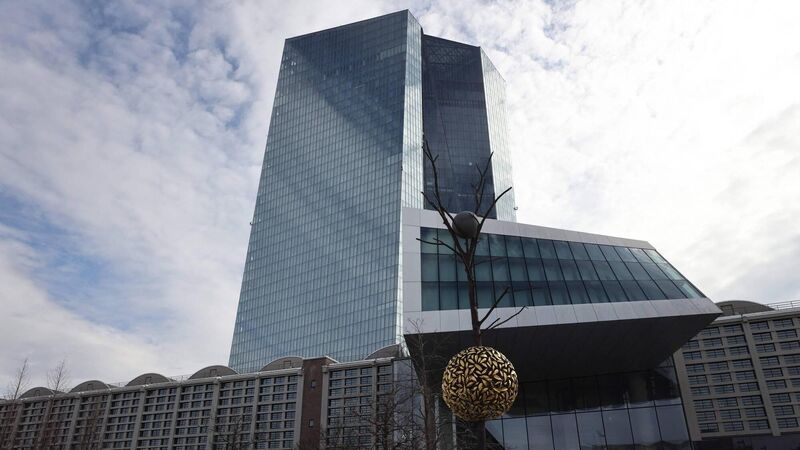ECB and Fed urged to pause interest rate hikes

US and eurozone central bankers have probably raised interest rates as far as they can without inflicting disproportionate damage on their economies, according to a quartet of leading female economists.
University of Chicago professor Veronica Guerrieri, Societe Generale chief economist Michala Marcussen, former European Central Bank official Lucrezia Reichlin, and former Bank of England policymaker Silvana Tenreyro argued for “patience” — even if that means a short-term bout of inflation.














